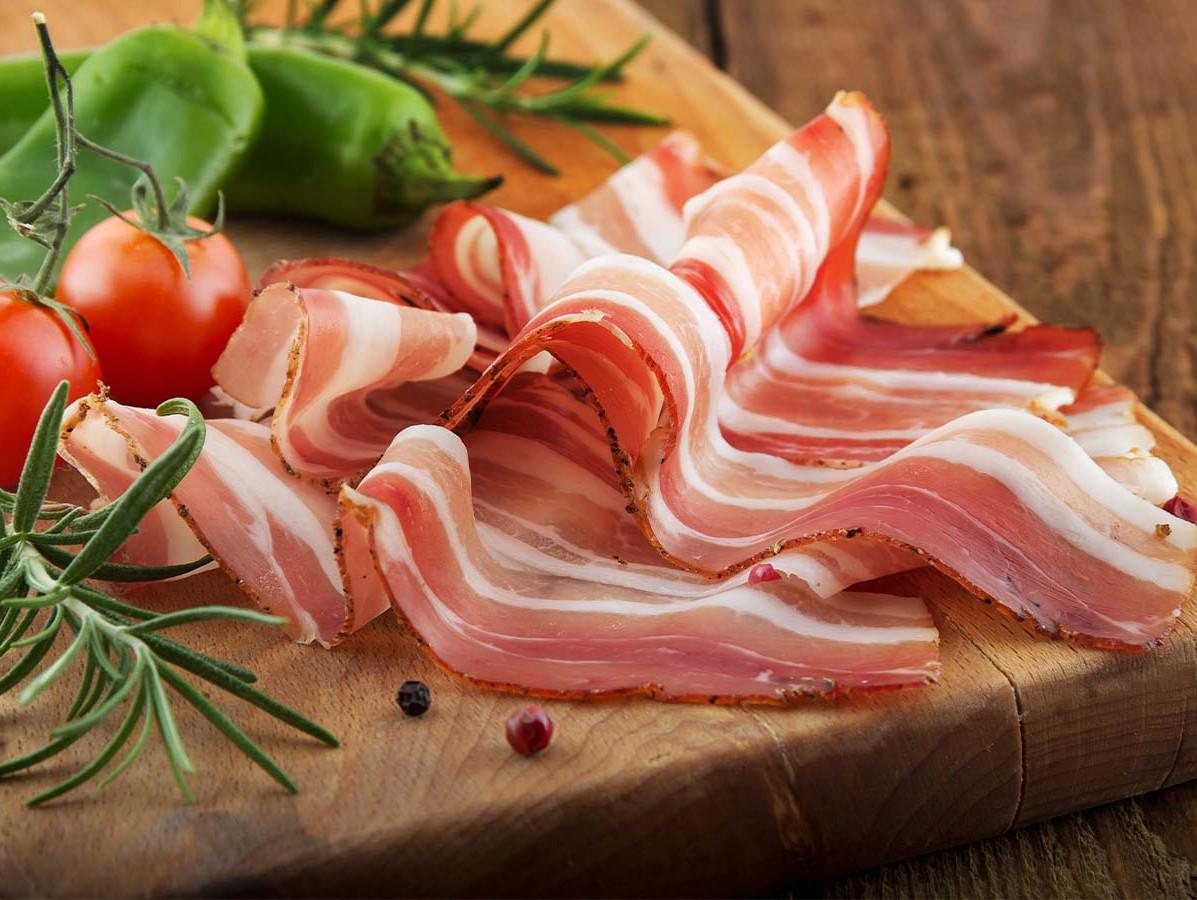
Danish Crown, a key player in the meat industry, has recently unveiled its annual report, shedding light on the company's performance and strategic decisions over the past year. In a year that proved particularly challenging, especially in the pork market, Danish Crown has taken significant steps to adapt to shifting market conditions.
During the 2022/23 fiscal year, Danish Crown witnessed a 5% increase in revenue, reaching €9.07 billion. This rise is primarily attributed to higher meat prices. However, the company's profit significantly declined, dropping from €290 million to €200 million. The pork market posed notable challenges, with a considerable reduction in pork production. Overall, meat production in Europe fell by 7%, with Danish Crown’s home country, Denmark, experiencing a 17% decrease in pork production. This reduction significantly impacted the total meat output, exacerbated by lower slaughter weights.
In response to these challenges, Danish Crown has reoriented its strategy. The company has shifted its focus from selling fresh and frozen meat to the food industry towards offering ready-to-eat products to the hospitality sector and retail outlets. This shift is a direct response to the declining meat demand, driven by inflation and growing climate concerns. Additionally, Danish Crown has decided to reduce its pork slaughtering capacity.
To adapt to this new reality, Danish Crown has implemented substantial cost-cutting measures. The company plans to save €190 million over the next two years and an additional €130 million by 2026. These cutbacks resulted in the closure of several facilities and a reduction of 1,700 employees. Concurrently, the company is investing in the automation of existing slaughterhouses and a new bacon factory in the United Kingdom, as well as €260 million in feed technology.
Source: Foodbusiness.nl